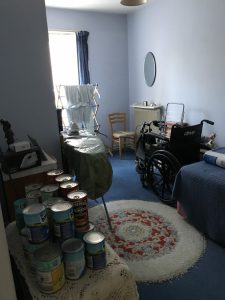 Covid-19 lockdowns and social distancing have socially and spatially reorganised the reproductive labour entailed in supporting, maintaining and sustaining people in everyday life. The closure of schools, day centres, shops and non-essential services, alongside prohibitions on household mixing, have meant that caring work has been much more spatially concentrated and contained within households than in normal times. For reasons of health, age or physical frailty, a large number of adults have come to depend more than usual on others to support and care for them at home.
Covid-19 lockdowns and social distancing have socially and spatially reorganised the reproductive labour entailed in supporting, maintaining and sustaining people in everyday life. The closure of schools, day centres, shops and non-essential services, alongside prohibitions on household mixing, have meant that caring work has been much more spatially concentrated and contained within households than in normal times. For reasons of health, age or physical frailty, a large number of adults have come to depend more than usual on others to support and care for them at home.
Over the past year, I’ve been carrying out a British Academy-funded study exploring the experiences of people who provide home-based care and support. I’ve examined three areas, or what I call infrastructures of provision; family carers, home (domiciliary) care services and voluntary and community sector initiatives which support people at home. Focusing on Bournemouth Christchurch and Poole (BCP) and Dorset local authority areas, I’ve been examining the challenges these infrastructures faced during the pandemic. I’ve carried out semi-structured interviews with carers, volunteers and volunteer coordinators, as well as home (domiciliary) care workers and their managers, to learn about their experiences.
Social care, the voluntary and community sector and the family are usually studied separately. Why does this study bring them together?
Firstly, despite differences between them, there are some basic similarities between what volunteers, care workers and carers do in looking after people in their own homes during the pandemic. All have been directly engaged in the vitally important work of sustaining people through the crisis, keeping them safe at home by ensuring some of their essential needs (for food, medicines) were met. Many were also providing company and comfort for people isolated at home. They did this in different ways depending on their role – in person, with PPE, over the phone, or at a safe two meters distance from the front door.
Another feature shared across the three infrastructures is the low levels of public investment each receives. The social care system has always been highly residual in the UK (Lewis 2001), but is becoming even more so. In recent years, the numbers of people entitled to public support with social care costs has been in overall decline, particularly amongst adults of retirement age (Bottery 2020). Home care workers in social care are also amongst the lowest paid workers in the UK, at a median hourly rate of £8.50 (Skills for care 2021).
Similarly, state financial support for carers is one of the lowest paid amongst all state benefits, at £67.25 per week, and many carers are in financial hardship (Carers UK 2021). The voluntary and community sector has been significantly impacted by government austerity measures over the last decade, albeit unevenly (Kay 2020). Many voluntary organisations rely on support from local authorities, which have absorbed massive cuts to public finances.
Thus, despite its high social value and the fact that it has been indispensible to the welfare and wellbeing of large numbers of people during the pandemic, the work carried out by carers, care workers and volunteers receives shockingly meagre levels of public funding. That this contradiction is both unsustainable and deeply unjust has long been recognised by policy makers, campaigning groups, academics, trade unions and some politicians (see further Bear et al 2020, Dowling 2021, Wood and Skeggs 2020).
Taking a broader historical perspective, some feminist scholars argue that this contradiction is a systemic feature of capitalism. Capitalist accumulation depends on activities that recreate and sustain people, thereby enabling workers, consumers, markets, production and productivity to exist at all. But it also relies on offloading the costs of these activities (eg., onto families) such that they do not overly impede the creation and expansion of wealth, but instead appear to be separate and external to it (Ferguson 2020). Nonetheless, political demands that a greater share of this wealth be redistributed to enable people to better sustain themselves and each other can be and have been made, in different historical contexts, and with mixed successes. The outcomes of this core tension are not given, but are constantly being worked out in social and political life.
In the present moment in the UK, the pandemic has made starker than ever the contradiction between the vital importance of home care on the one hand, and its underinvestment and public neglect on the other. As large parts of the productive economy were shut down, a new appreciation of essential workers crystallized, and our collective dependence on their contribution was publicly ritualised in the weekly ‘clap for our carers’ event. Public support for greater care justice appears to be growing (Wood and Skeggs, 2020). This makes now a key moment to capture and compare the experiences of people who sustained others during the pandemic, and consider how these could inform the creation of a new, fairer care settlement in the UK.
References
Bear, L., James, D., Simpson, N., Alexander, E., Bhogal, J., Bowers, R., Cannell, F., Lohiya, A., Koch, I., Laws, M., Lenhard, J., Long, N., Pearson, A., Samanani, F., Vicol, D., Vieira, J., Watt, C., Wuerth, M., Whittle, C., Bărbulescu, T., 2020. The right to care. The social foundations of recovery from Covid-19 [online]. Covid and care research group: London school of economics. Available from: https://www.lse.ac.uk/anthropology/assets/documents/research/Covid-and-Care/ARighttoCare-CovidandCare-Final-2310.pdf (Accessed 13.7.2021)
Bottery, S., 2020. Social care services. Funding cuts are biting hard. The Kings Fund [online]. 9th January. Available from: https://www.kingsfund.org.uk/blog/2020/01/social-care-funding-cuts-are-biting-hard (Accessed 13.7.2021).
Carers UK, 2021. Fairer for carers – background information [online]. Carers UK. Available from: https://www.carersuk.org/news-and-campaigns/campaigns/fairer-for-carers-background (Accessed 13.7.2021).
Dowling, E., 2021. The care crisis. What caused it and how do we end it? London: Verso.
Ferguson, S., 2020. Women and work. Feminism, labour and social reproduction. London: Pluto Press
Kay, L., 2020. Ten years of cuts have ‘damaged health and widened regional inequality’ [online]. Third sector, 20th February 2020. Available from: https://www.thirdsector.co.uk/ten-years-cuts-have-damaged-health-widened-regional-inequality/policy-and-politics/article/1674970 (Accessed 13.7.2021).
Lewis, J., 2001. Older people and the health-social care boundary in the UK: Half a century of hidden policy conflict. Social policy & administration. 35 (4), 343-359.
Skills for Care, 2021. Pay in the adult social care sector [online]. Available from: https://www.skillsforcare.org.uk/adult-social-care-workforce-data/Workforce-intelligence/documents/Pay-in-ASC-sector-2020.pdf (Accessed 13.7.2021)
Wood, H and Skeggs, B., 2021. Clap for carers? From care gratitude to care justice. European journal of cultural studies, 23 (4), 641-647.

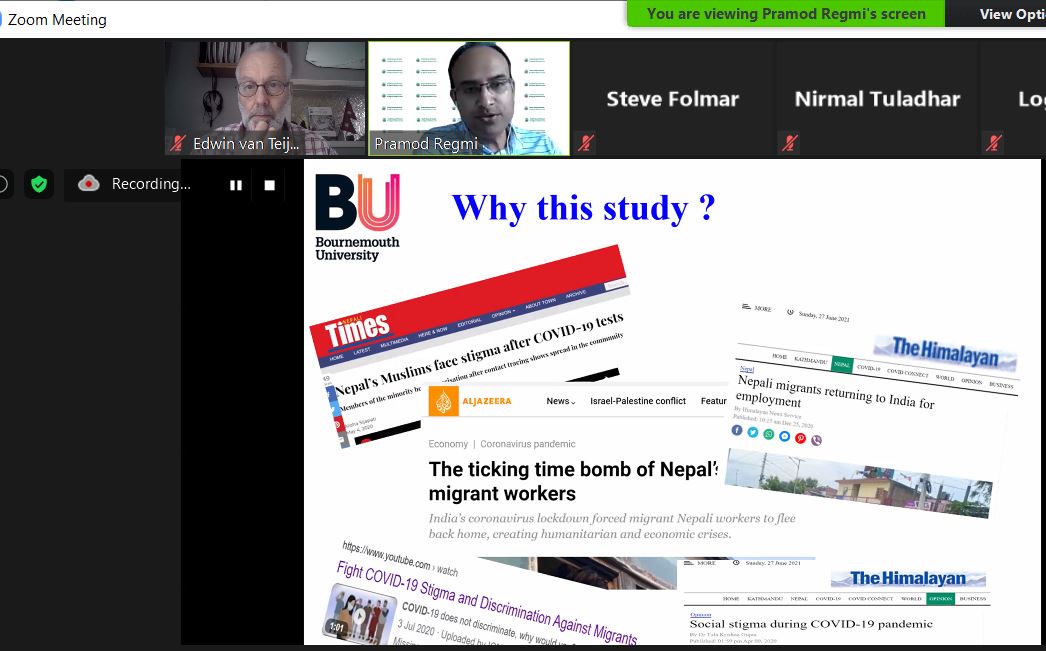


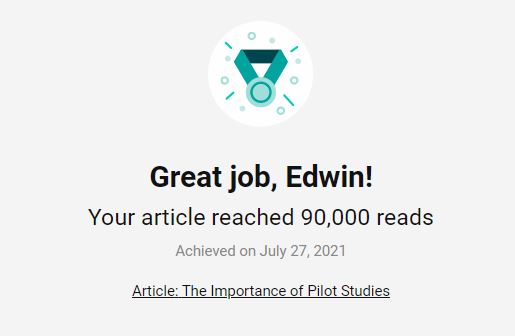



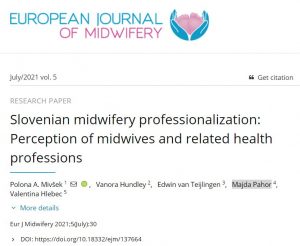

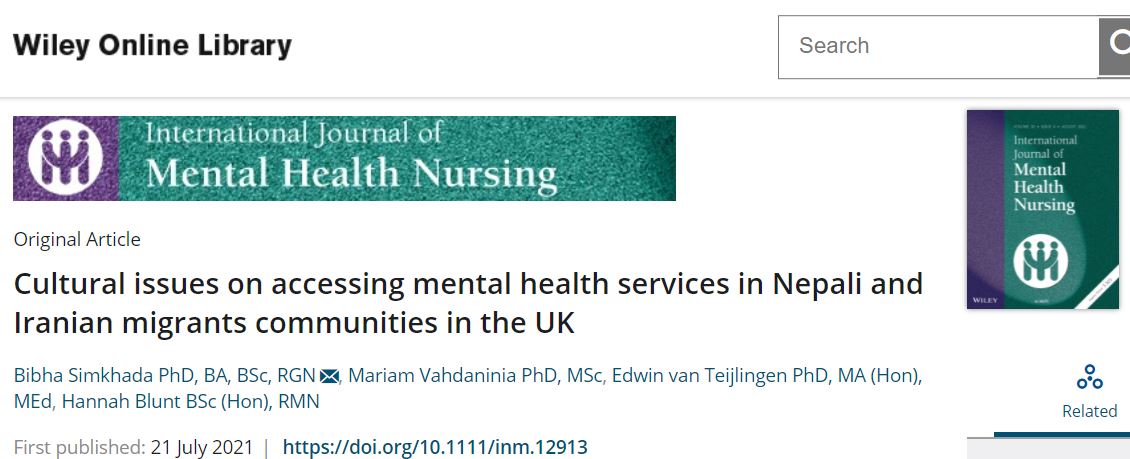

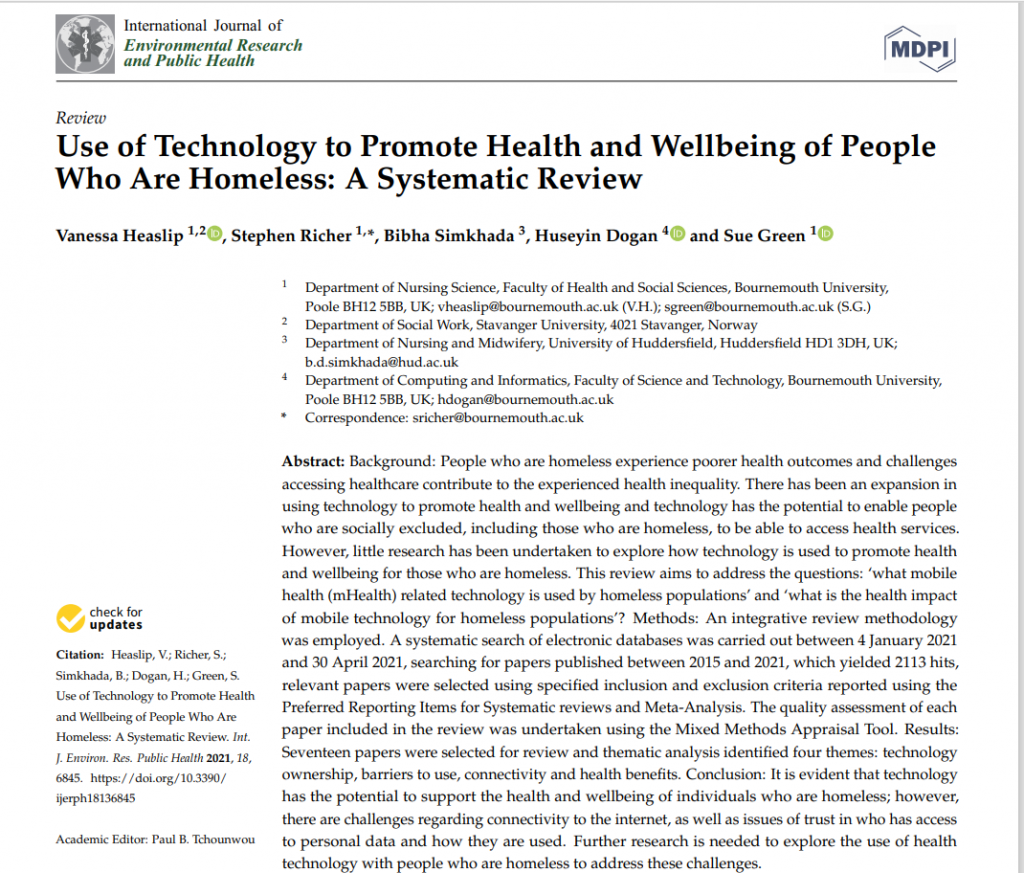
 Covid-19 lockdowns and social distancing have socially and spatially reorganised the reproductive labour entailed in supporting, maintaining and sustaining people in everyday life. The closure of schools, day centres, shops and non-essential services, alongside prohibitions on household mixing, have meant that caring work has been much more spatially concentrated and contained within households than in normal times. For reasons of health, age or physical frailty, a large number of adults have come to depend more than usual on others to support and care for them at home.
Covid-19 lockdowns and social distancing have socially and spatially reorganised the reproductive labour entailed in supporting, maintaining and sustaining people in everyday life. The closure of schools, day centres, shops and non-essential services, alongside prohibitions on household mixing, have meant that caring work has been much more spatially concentrated and contained within households than in normal times. For reasons of health, age or physical frailty, a large number of adults have come to depend more than usual on others to support and care for them at home.

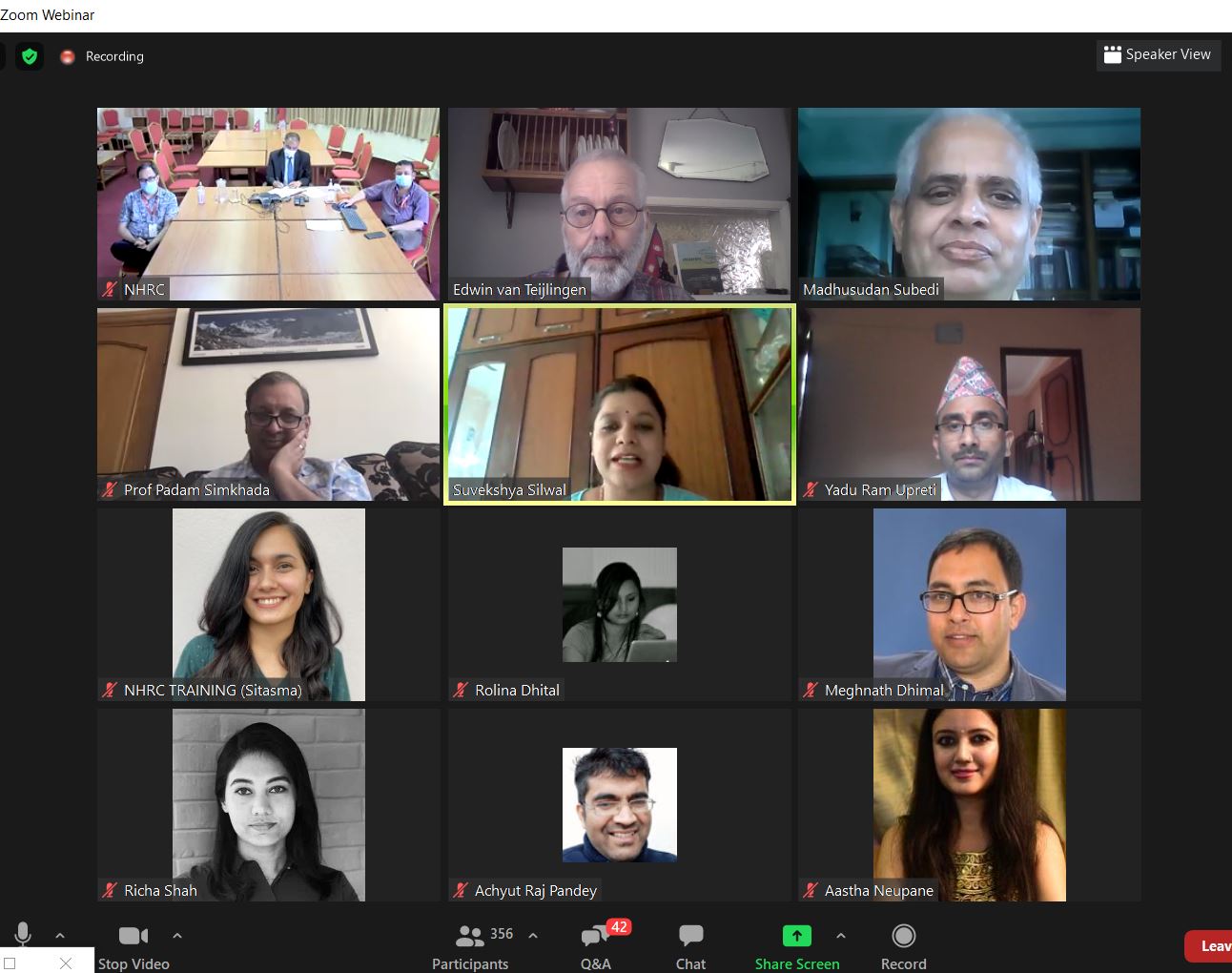

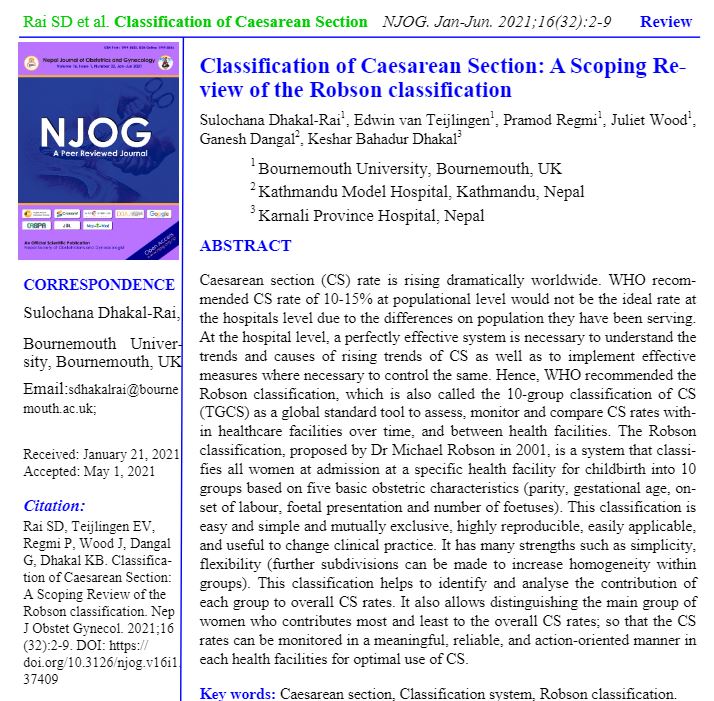


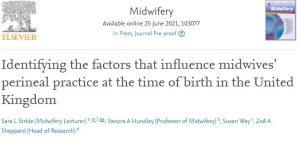











 Read and sign up to BU’s Policy Influence Digest
Read and sign up to BU’s Policy Influence Digest Upcoming opportunities for PGRs – collaborate externally
Upcoming opportunities for PGRs – collaborate externally BU involved in new MRF dissemination grant
BU involved in new MRF dissemination grant New COVID-19 publication
New COVID-19 publication MSCA Postdoctoral Fellowships 2024
MSCA Postdoctoral Fellowships 2024 Horizon Europe News – December 2023
Horizon Europe News – December 2023